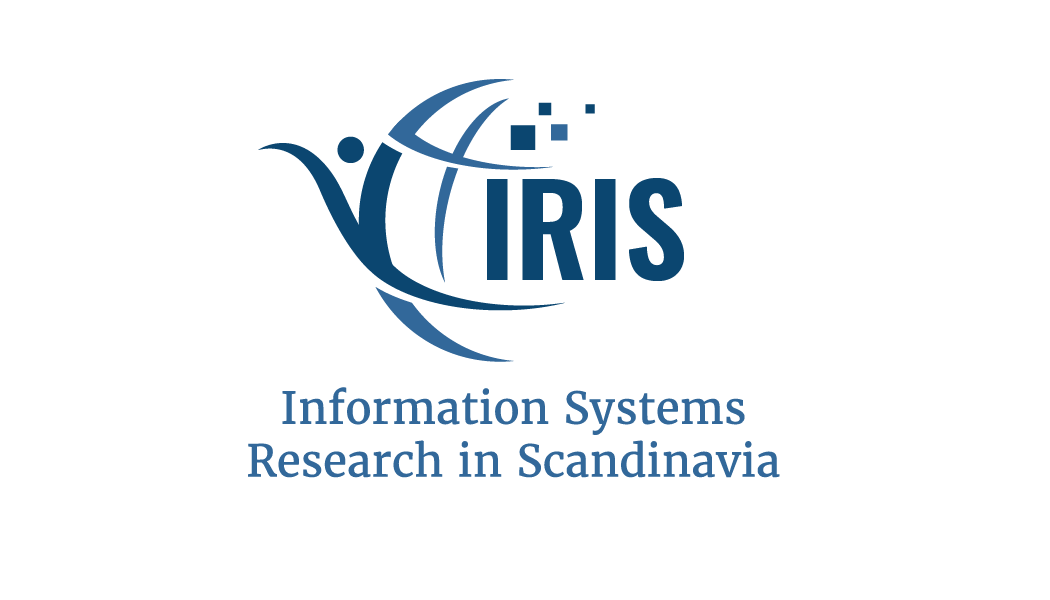Selected Papers of the IRIS, Issue Nr 14 (2023)
Abstract
The capabilities of artificial intelligence (AI) systems bring about new leaps in organizational change. While several work processes are now digital, and are increasingly getting automated, organizational processes thrive from augmenting AI-based tasks and human tasks. One framework depicting the augmentation between humans and AI is the delegation framework which theorizes on delegation of tasks between human agents and agentic IS artifacts. However, as the framework is limited to elaborating human agent-agentic IS agent roles, the role of the developer is missing. This study aims to shed light on the role of the developer within the delegation framework. We explore the implication of this involvement through the theoretical lens of adaptive structuration. We use cases drawn from 12 literature sources, qualified by assessing them used against the delegation framework guidelines, and analyzed them to identify developer roles. Our findings show that the developer influences the processes underlying the functioning of the agentic IS artifact, its attributes, its evolution, and mechanisms for delegation. The state of agency in an artifact is influenced and even largely defined by the developer. This implies that agency in an IS artifact can be viewed as encompassing more than their own abilities to act within their environments.
Recommended Citation
Khumalo, Akhona C. and Gharaie, Amirhossein, "Implications of Including the Developer in the IS Delegation Framework" (2023). Selected Papers of the IRIS, Issue Nr 14 (2023). 9.
https://aisel.aisnet.org/iris2023/9


